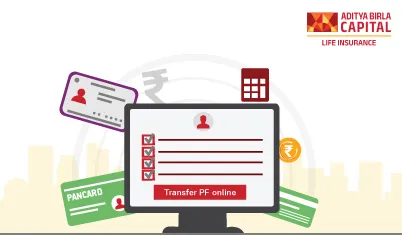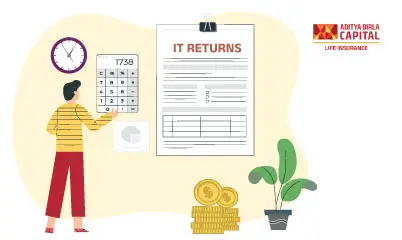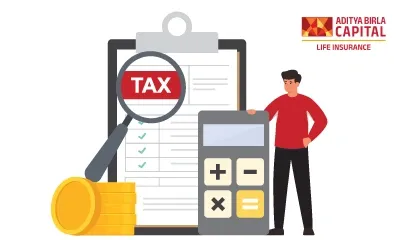1Scenario for Female, Non Smoker, Age: 21 years, Plan Option: Level Cover, Premium paying Term: Regular pay, Policy Term: 25 years, Pay Frequency: Annual, Premiums are exclusive of GST. (Annual Premium of Rs. 6900/12 months(On Average Rs.575/month) (offline premium)
ABSLI DigiShield Plan (UIN: 109N108V13) is a non-linked non-participating individual pure risk premium life insurance plan; upon Policyholder’s selection of Plan Option 9 (Level Cover with Survival Benefit) and Plan Option 10 (Return of Premium [ROP]) this product shall be a non-linked non-participating individual life savings insurance plan. All terms & conditions are guaranteed throughout the Policy Term. GST and any other applicable taxes will be added (extra) to your premium and levied as per extant tax laws.
~Available only on regular pay
^Tax benefits are subject to changes in tax laws. Kindly consult your financial advisor for more details.











